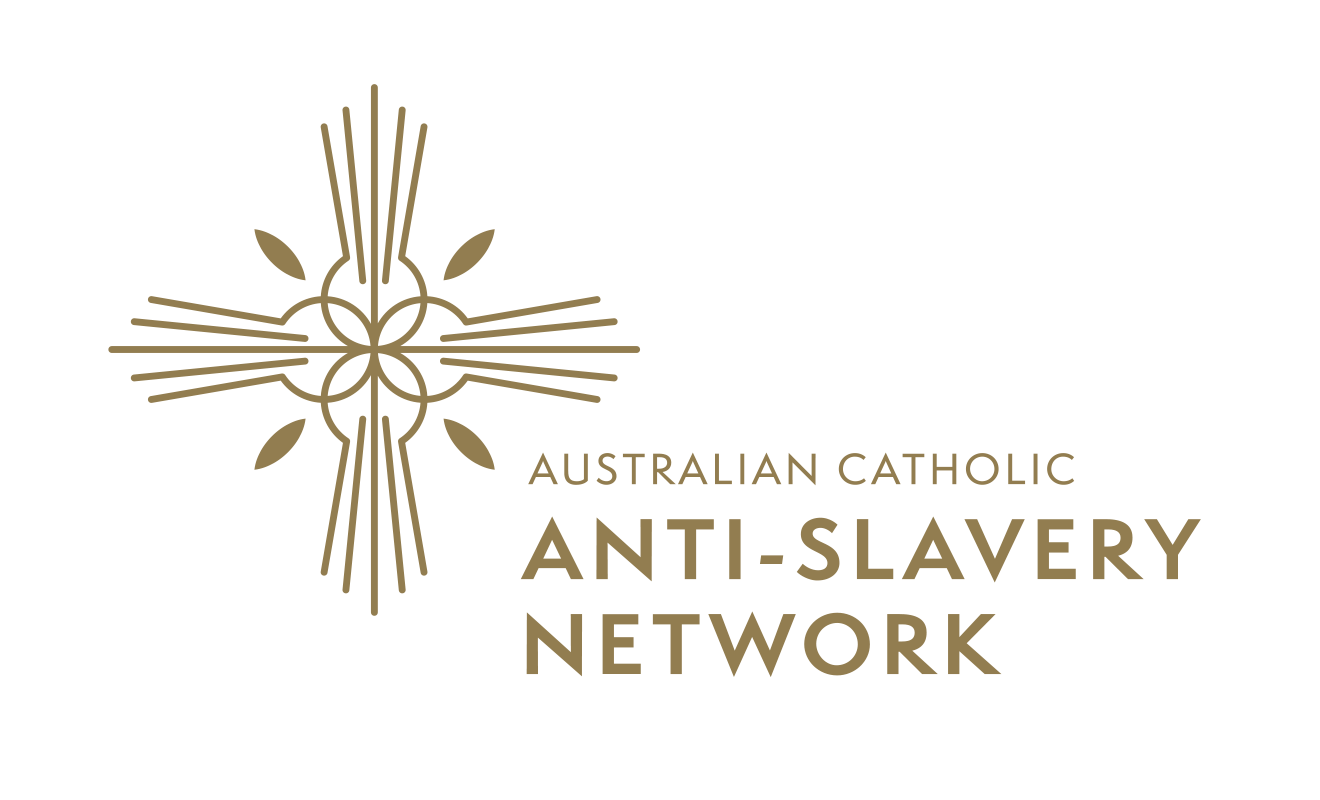CHA Calls for National Anti-Slavery Commissioner in Submission
Catholic Health Australia is calling on the Australian Government to establish an independent Anti-Slavery Commissioner as part of reforms to improve the Modern Slavery Act 2018.
CHA, which represents 19 entities that report under the Act, believes an independent Anti-Slavery Commissioner would provide leadership and help drive improvements to reporting standards.
CHA members submit Modern Slavery Statements to the Australian Government’s Online Register for Modern Slavery Statements every year and participate in the Australian Catholic Anti-Slavery Network (ACAN) modern slavery risk management program.
Through the ACAN program, CHA members also publish baseline data and key metrics in their Statements to demonstrate continuous improvement and as a measure of effectiveness.
In its submission to the government’s review of the Act, CHA recommends the introduction of mandatory reporting of key metrics similar to the data fields reported in the Statements of CHA members.
CHA also recommends that changes be made to the Register to improve search functions and facilitate comparison of Statements.
CHA Strategy & Mission Director Brigid Meney said CHA strongly supports the Modern Slavery Act but believes it can be made even better.
“Catholic Health Australia believes the Modern Slavery Act has been a force for good,” she said.
“There is strong support amongst CHA members for greater government engagement on modern slavery. Although much is expected from the new NSW Anti-Slavery Commissioner, currently the only modern slavery risk management activities in health and aged care procurement are being conducted by privately operated facilities.
“This has created a two-tiered system of buyer expectations, one with modern slavery controls and one without.
“The efforts of CHA members would be greatly strengthened with major suppliers in the healthcare sector with the appointment of an Anti-Slavery Commissioner,” Ms Meney said.
Australian Catholic Anti-Slavery Network (ACAN) Executive Officer Alison Rahill said Catholic organisations in the network had asked the Australian Government to strengthen implementation of the Modern Slavery Act.
“The US Government prohibits Chinese goods from areas where forced labour is widespread from entering its borders. For example, during a six-month period in 2022, the US Government is reported to have stopped more than 1,000 shipments of solar energy components from China’s Xinjiang region over concerns about slave labour,” Ms Rahill said.
“By contrast, the Australian Government does not have any export controls in place prohibiting the import of goods suspected to be made by forced labour.”
CHA’s recommendations are:
Develop a greater awareness of best practice through the enhancement of the Register’s structure, including mandated areas of reporting, and capture of baseline data. This data should be searchable for comparative assessments and analysis.
Improve standards of reporting through the appointment of an independent Anti-Slavery Commissioner to report on progress based on metrics and standards of reporting. This may also include the exploration of additional enforcement measures to reward good practice and improve standards, supported by periodic reviews beyond statutory reviews.
Clarify definitions of operations and supply chains to resolve consistency around labour hire services.
Register and Statements should include a requirement to report time and money spent on compliance to capture the true cost of reporting but also implementing best practice modern slavery measures. Clarify that (re)-aligned reporting periods are acceptable, when joint statements, such as the ACAN compendium, are submitted in an effort to maximise the efforts by sector

